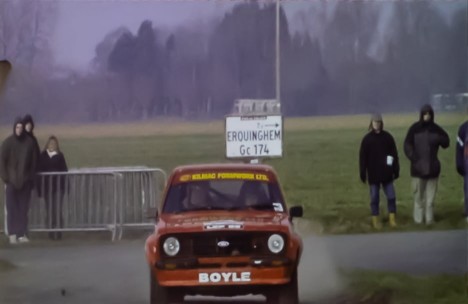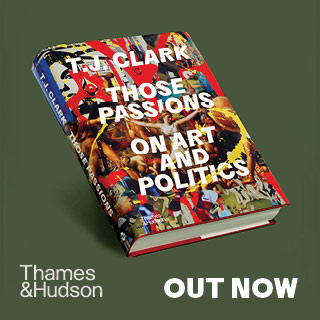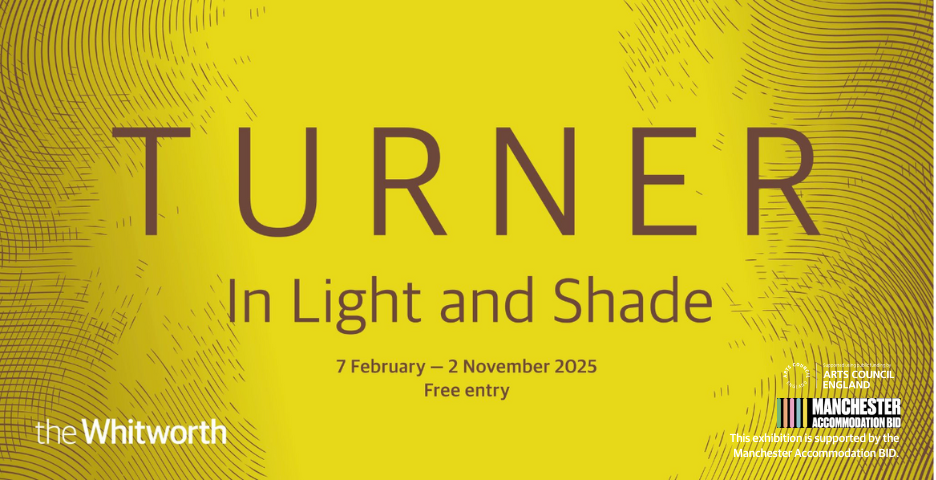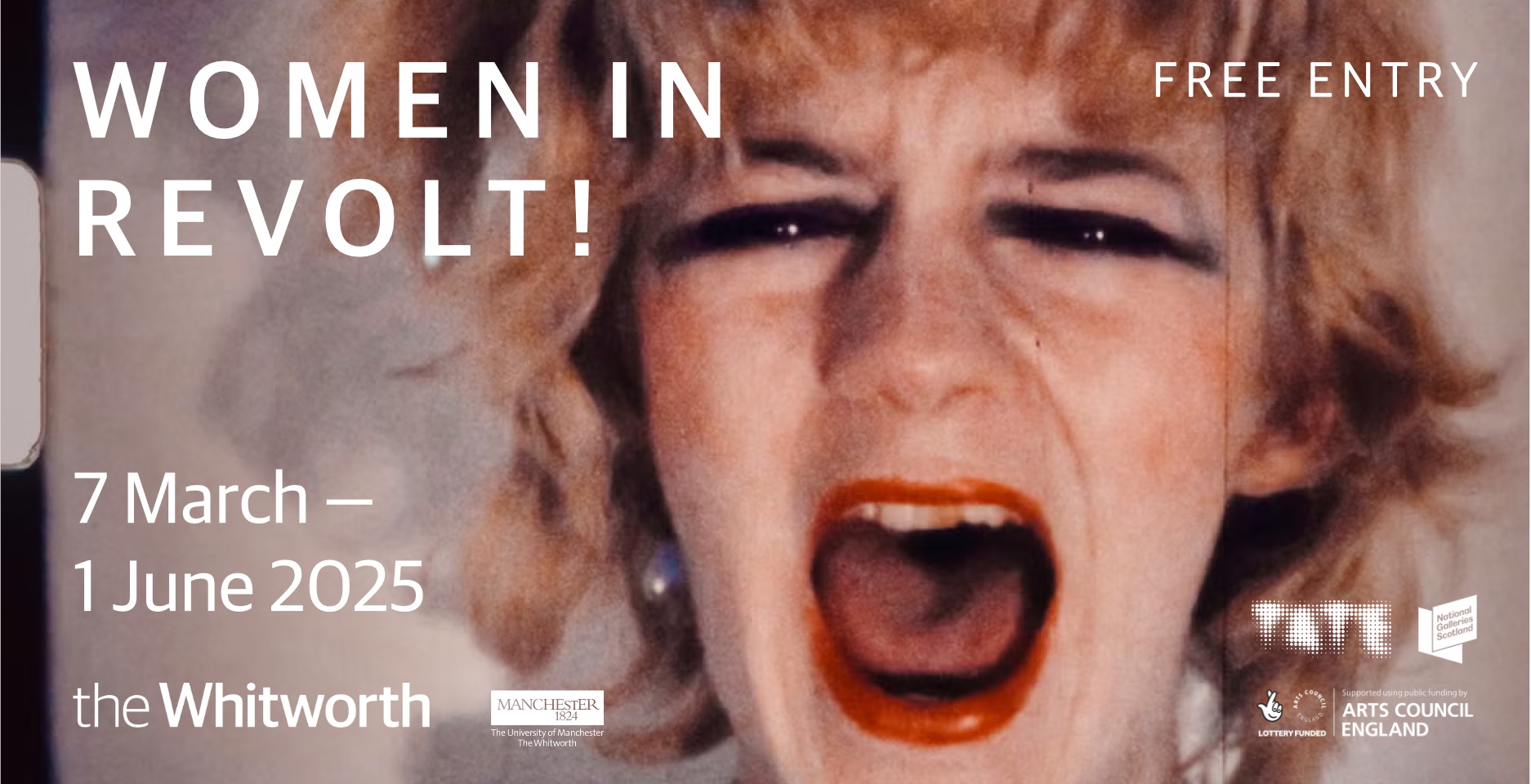Edinburgh Art Festival x Art Monthly Writer’s Award
Shifting Perceptions in Edinburgh
Seán Ward discovers Edinburgh’s radical side via the 2024 art festival

Renèe Helèna Browne, Sanctus!, 2024
I had never visited Edinburgh until this year’s arts festival, revealingly only spending time in nearby Glasgow. Perhaps naively then, I arrived in the city holding the well-worn perception and oft-discussed class bias that pits Glasgow’s gritty, grassroots art scene against Edinburgh’s seemingly polished, elite offerings. My initial bias, rooted in a narrative that frames Edinburgh as a bastion of traditional, staunchly middle-class art offerings was an uneducated one, one that had also seemingly erased the grim realities of Trainspotting, 1996, from my cultural memory. Far from the anticipated stark class divides, the Edinburgh Art Festival (EAF) presented a programme that reached across the grey sandstone city, critically centring artists from often marginalised backgrounds.
Celebrating its 20th anniversary, the EAF brought together artists from Scotland, the UK, Europe, Latin America and the SWANA region (South West Asia and North Africa), showcasing a dynamic array of artworks that spanned the pervasive impact of post-colonialism upon the natural world, the forgotten depths of archives to the politicised edges of rurality. The festival challenged viewers to engage with complex, multifaceted stories which resisted simplistic interpretations.
One of the first pieces I encountered was Sanctus!, 2024, by Renèe Helèna Browne at the City Arts Centre. Browne’s film installation transcended a solely aesthetic exploration of rally car culture and instead offered a vivid portrait of rurality that felt intimately recognisable, enveloping me in my own fraught memories of rural Irish queer experience – my gendered experience of a childhood surrounded by ‘petrol heads’ was instantly palpable. The piece evoked the communal, yet often divisive spirit that can thrive in such environments. Through the lens of rally car culture, Browne focused on a personal and cultural exploration of their mother, inviting the audience to consider where identity and belonging become both paramount and exclusionary. This was not an exhibition steeped in high art or elitism, rather Brown’s film provided a fragmented portrait of their mother and surrounding community, centring universal themes of devotion and kinship. By challenging conventional narratives of rural life and by shedding light on the often overlooked vibrancy and complexity of rural communities, Browne’s work resisted the stereotype of these areas as culturally barren or politically conservative, highlighting the need for another narrative of rurality that includes queerness and resistance.
Rosie’s Disobedient Press, a collaborative endeavour by artists Lisette May Monroe and Adrien Howard, further challenged such stereotypes. Invited by the EAF to reflect on the festival’s 20th anniversary and the changing landscape of Edinburgh over the past two decades, their project engaged with local archives and organisations to explore language and words as historical acts of resistance. Rosie’s Disobedient Press offered a nuanced entry point into the harsh realities of class division in Scotland, transforming Edinburgh’s public sphere with flags and banners. It was through this project that I realised how the festival was encouraging me, and its audience, to grapple with these complexities and contradictions without offering easy answers.
The Edinburgh Sculpture Workshop further integrated itself into the fabric of the city’s art scene. At the end of a stimulating day, I was struck by how the workshop spaces unfolded around me and how the studio’s architecture and layout of gallery spaces seemed to embrace the public into its spaces. Commissioned by EAF, Sequoia Barnes’s ‘Everything Is Satisfactual’ was an eerie exploration of the violent and racist undercurrents in US history, particularly focusing on the racist caricatures of black representation within consumer goods from the 1950s onwards. I felt incredibly fortunate to hear Barnes candidly describe her work and processes in which she revealed that the space they had constructed – a seemingly playful artificial garden – as darkly weighted. Incorporating a retelling of the Br’er Rabbit and the Tar Baby folktale, Barnes’s ‘Afro-surreal’ approach to object making, in which seemingly mass-appeal toys with cutesy looking eyes appear maleficent or caught in some violent act, suggestively foregrounds how the histories of enslaved Africans in the US continue to resonate in consumer culture today. Barnes’s work is a testament to the festival’s commitment to challenging dominant narratives and confronting uncomfortable histories. The juxtaposition of playful aesthetics with the weight of historical oppression laid bare the insidious ways in which racism and colonialism are perpetuated, even within seemingly benign objects. As a whole, the festival was a continual invitation to move beyond passive observation and engage more deeply with the stories being told, to confront the often invisible social and cultural barriers that persist today. This experience, and the ways in which EAF utilised Edinburgh’s historical and cultural context, acted as a catalyst for my own self-reflection. It forced me to consider the biases I carry with me and challenged my assumptions about Edinburgh’s art scene. The city and its art festival revealed themselves to be far more complex and inclusive than I had small-mindedly determined and, for that, I owe Edinburgh an apology. It is, of course, a place which defies simplistic categorisation and deserves to be appreciated for its nuanced, multifaceted contributions to contemporary art and culture.
Seán Ward is a writer based in Belfast and is co-director of Catalyst Arts.
Seán Ward is the winner of the Edinburgh Art Festival x Art Monthly Writer’s Award 2024, an open call opportunity that supports the winner in attending the Festival then writing a text in response to any part of the EAF programme. Award selectors 2024: curator and LUX Scotland co-founder Mason Leaver-Yap; EAF director Kim McAleese; Art Monthly associate editor Chris McCormack; poet and author K Patrick.










